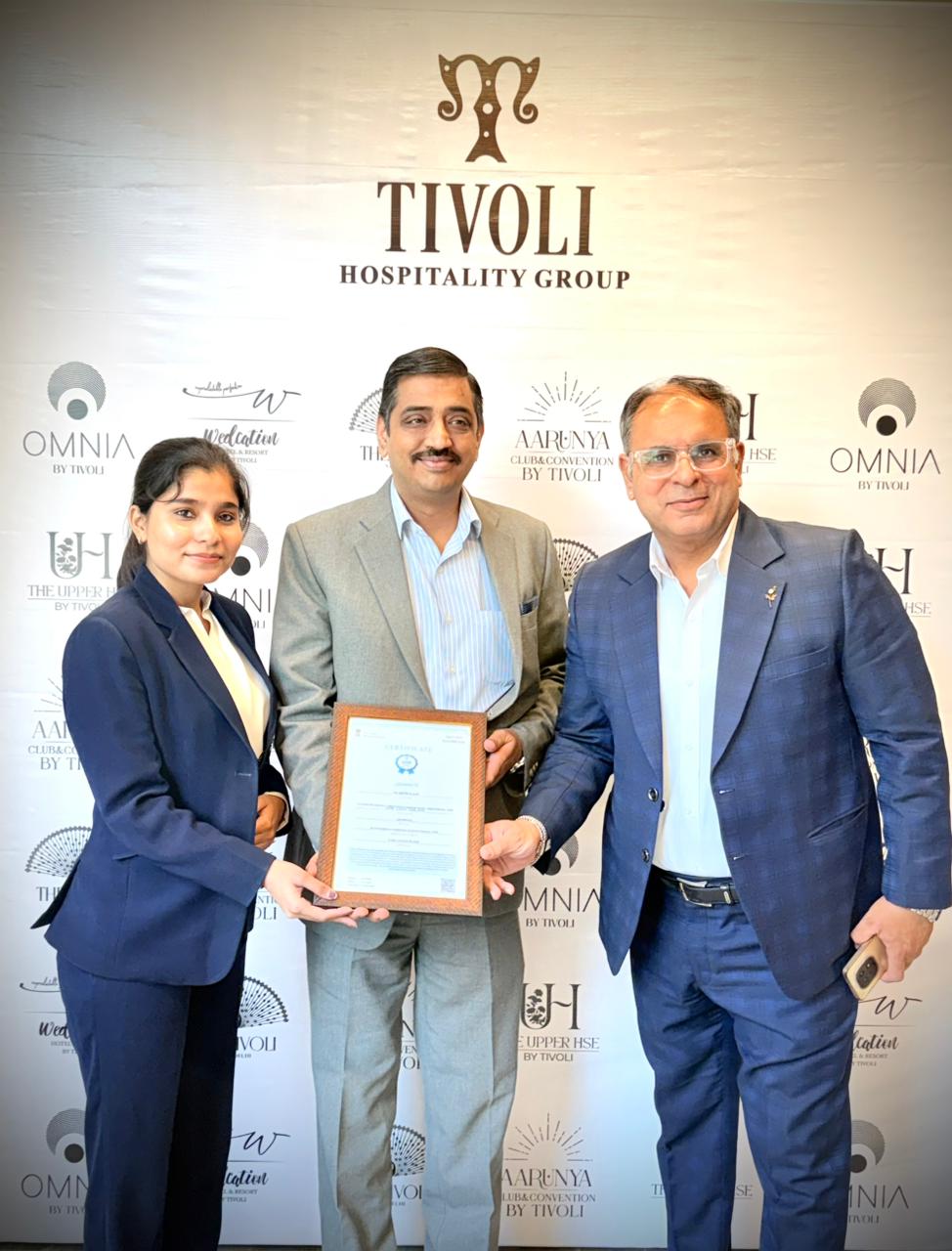The government approves the next-gen GST reforms during its 56th GST Council meeting, which will foster India’s hospitality industry.
HT Bureau
The consistent efforts of FHRAI have finally borne fruit. In the 56th meeting of the GST Council, chaired by the Union Finance Minister Nirmala Sitharaman, the next-gen GST framework was approved to accelerate India’s economic growth. Just weeks ahead of the council meeting, FHRAI had made a strong representation to the Union Finance Minister and Chairperson, GST Council, urging the rationalisation of GST in the tourism and hospitality sector to boost competitiveness and align with India’s Vision 2047. The association highlighted that it would act as a catalyst for the sector’s growth, aligning with the Government’s Vision 2047 and positioning India as a global tourism powerhouse.
Earlier, FHRAI lauded the landmark GST reforms announced by the Prime Minister on 15 August 2025, reflecting the Government’s continued commitment to strengthening India’s tax regime
VAT rates in Asian countries
Tourism is a significant source of tax revenue and foreign exchange earnings with massive potential to expand. However, India’s current GST rates make the tourism sector less competitive in comparison to its global peers. Asian destinations such as Thailand, Indonesia, and Singapore have adopted lower tax regimes, attracting larger tourist inflows. On the contrary, India faces an inherent disadvantage due to its higher GST structure.
Tourism’s role for Viksit Bharat 2047
As India prepares to emerge as a developed economy by 2047, tourism certainly needs to play a critical role in shaping our global standing. It contributes not only to the socio-economic growth but also to cultural and heritage preservation, soft power diplomacy, and inclusive development.
It would act as a catalyst for the sector’s growth, aligning with the Government’s Vision 2047









